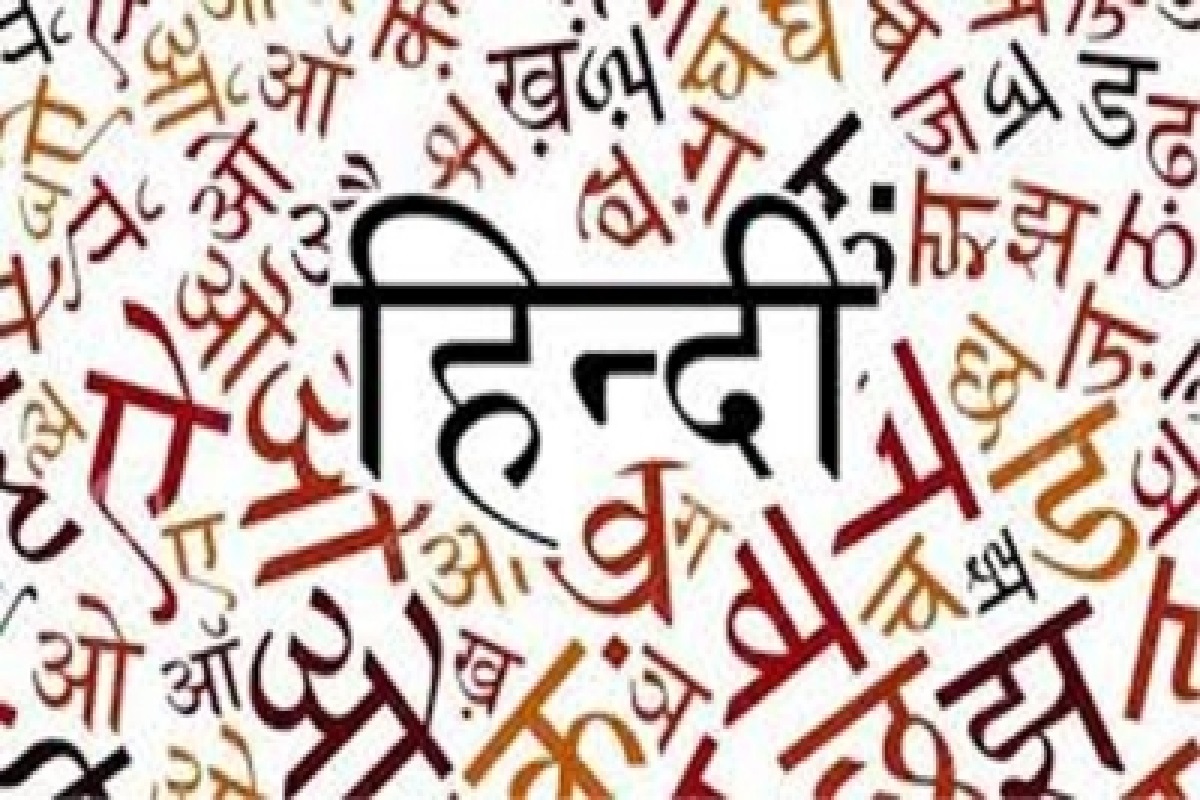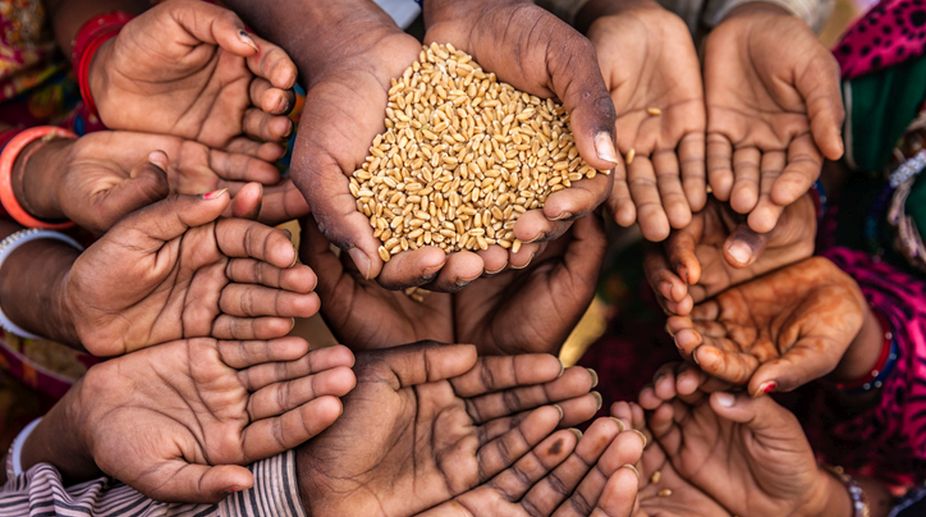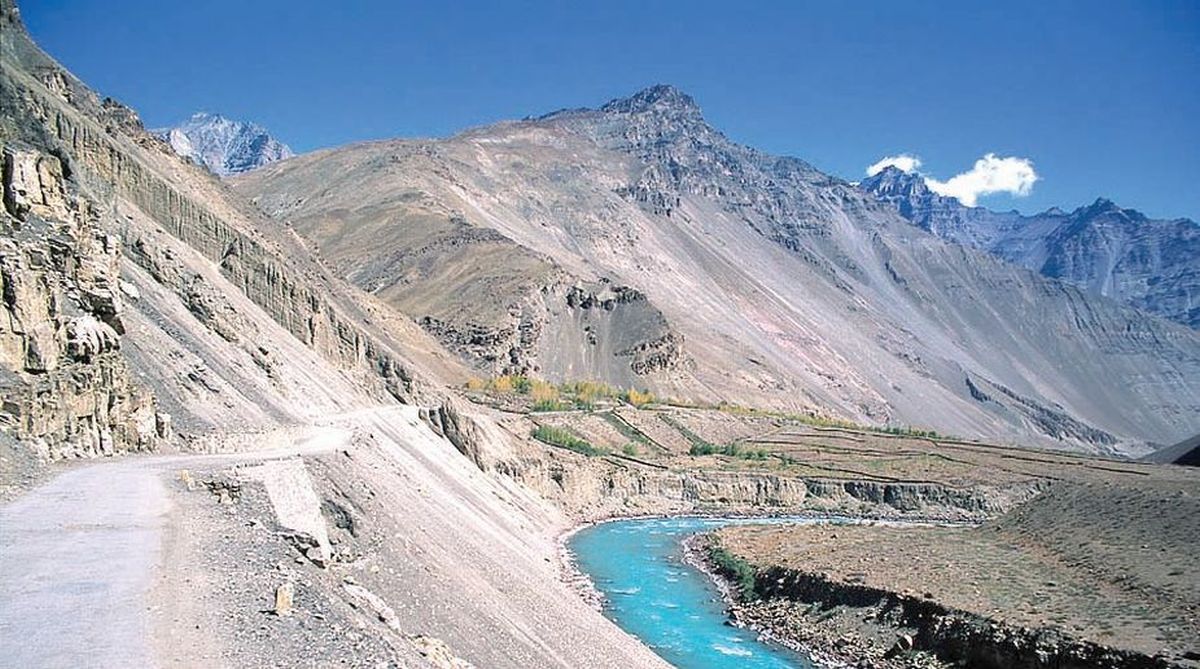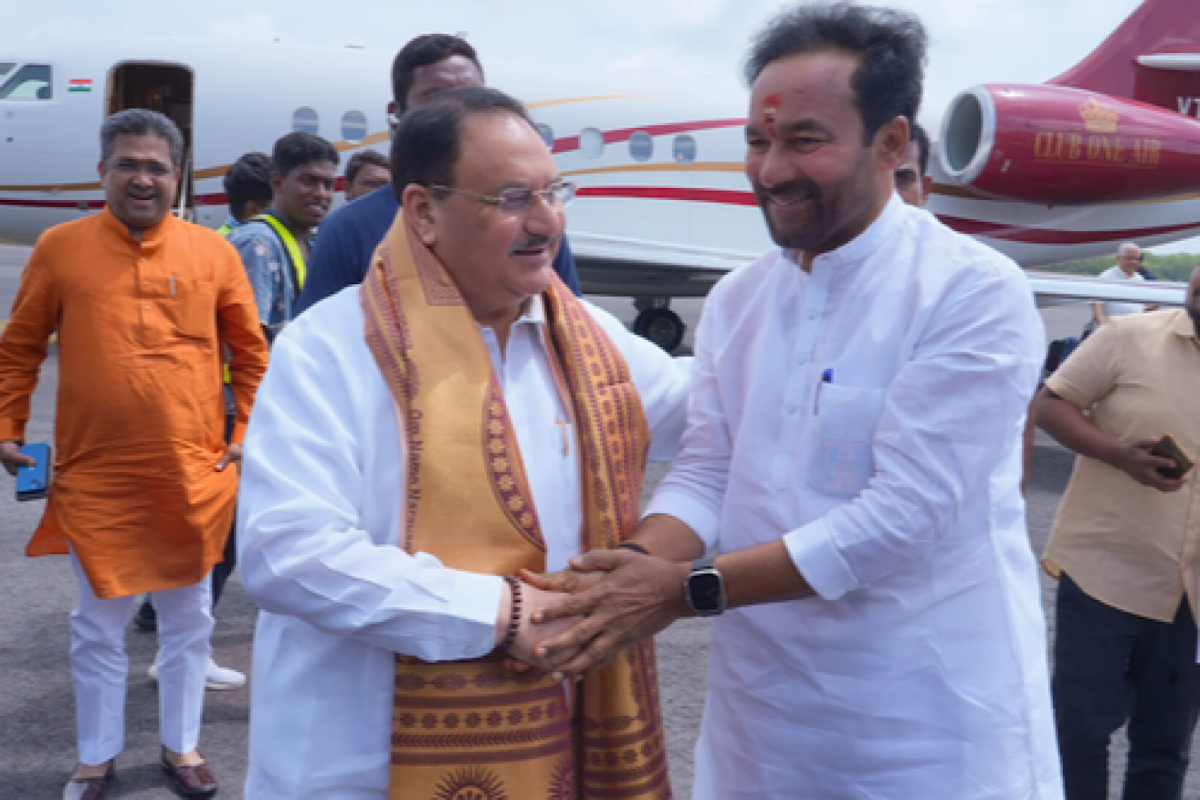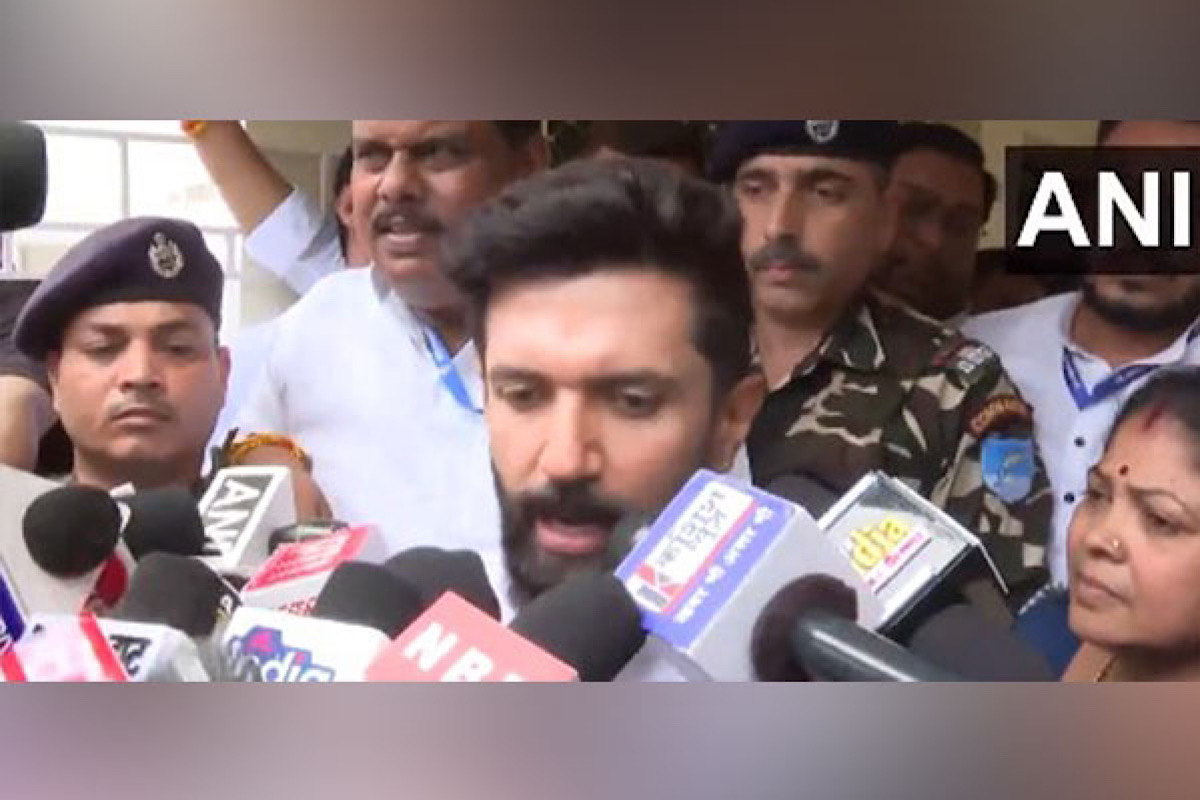Trains and transforming lives
I was returning from my trip to Tirupati, eager to secure a Tatkal ticket for the comfort of an AC berth. But as anyone familiar with the process will attest, it's easier to win the lottery than to get a Tatkal booking in India’s railways.







